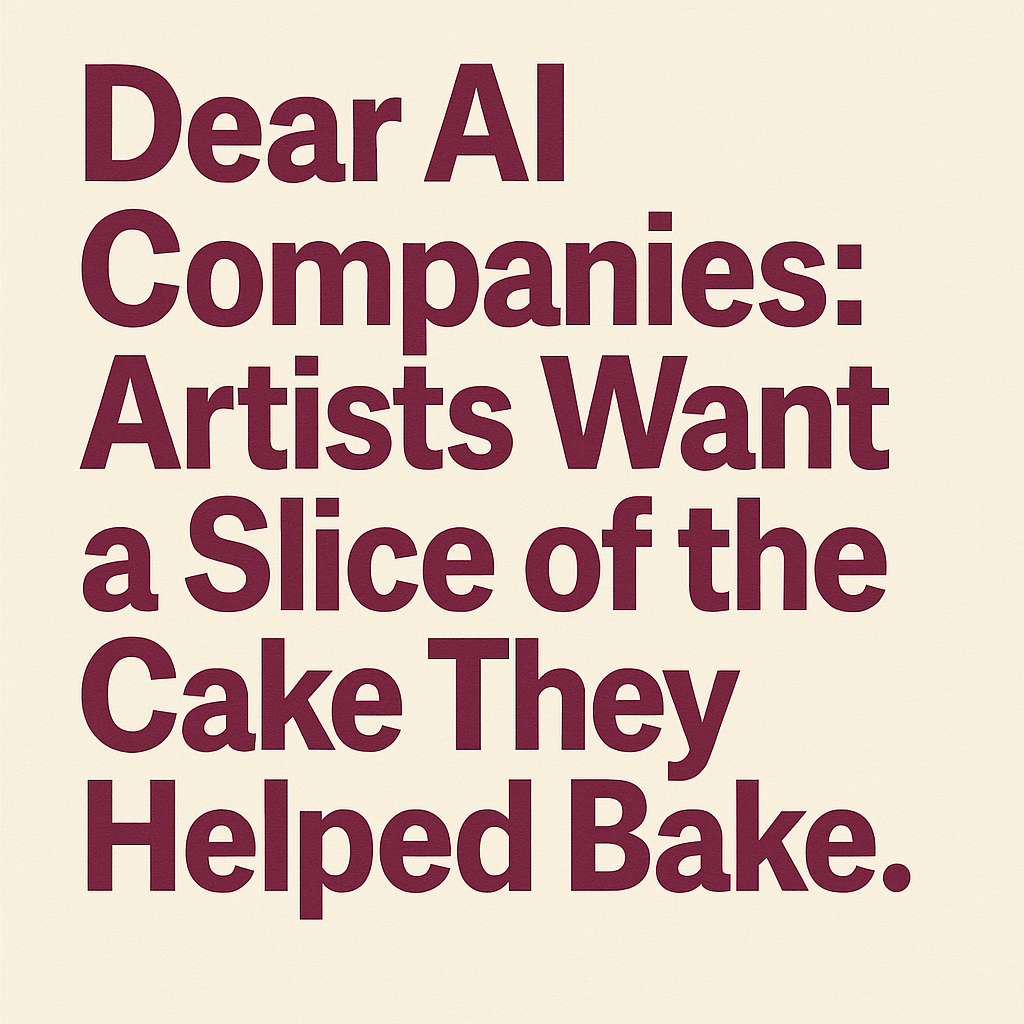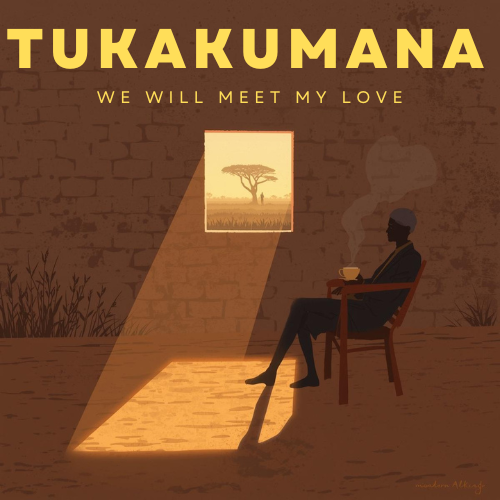’
As an artist, I’ve watched the rise of artificial intelligence with a mix of awe and unease. Awe, because these tools can now generate breathtaking visuals, lyrics, and even mimic entire artistic styles. Unease, because some of those styles—some of that raw, emotional labor—came from people like me. From fellow creatives who have poured years into their craft.
And now, our work may have been fed—without consent—into systems generating billions in value. So here’s the ask: if our creations helped train your models, we deserve a slice of the cake.
The Heart of the Matter
Training data is the foundation of modern AI. Without it, there is no “intelligence.” From paintings and music to books and photography, models learn by absorbing patterns from existing works—often scraped from the internet. That means artists, knowingly or not, have helped build this new digital goldmine.
If that’s the case, isn’t it fair for us to get paid?
The Challenge: Attribution is Hard
I get it. AI models don’t “copy” in the traditional sense. They remix and abstract. But let’s not pretend it’s impossible to track the influence of source material. Tech giants already use advanced data analytics, embeddings, and weighting systems. If we can fingerprint a song or trace the origin of a meme, surely we can build tools to track how datasets influence outputs.
So let’s talk solutions—not just problems.
A Fair Proposal: The Artists’ Dividend Model
Here’s a framework AI companies can adopt to ensure ethical and fair compensation:
1. Dataset Transparency
Publish a clear, searchable record of training data sources. Artists deserve to know if their work is in the mix.
2. Opt-Out / Opt-In Registry
Create a global platform where artists can register their content to either:
- Opt out of all training use, or
- Opt in and set terms (e.g., commercial use allowed only with revenue share).
3. Usage-Based Royalty Pool
Companies set aside a fixed percentage (say, 1–3%) of AI-generated revenue into a royalty pool. Payouts are distributed based on:
- The frequency of influence (detected by tracing techniques).
- Volume and quality of contributed content.
- Voluntary artist registration and verification.
4. Creative Commons 3.0 for AI
Establish a new, global licensing standard for AI training content—clear, enforceable, and fair. Something artists and developers alike can trust.
Why It’s Good for Business Too
Companies fear that compensating artists will stifle innovation. But the opposite is true. Transparency builds trust. Revenue sharing attracts more creators. And with a fair system in place, the AI industry gains long-term legitimacy.
The music industry went through this when Napster hit. Those who adapted—Spotify, Apple Music—thrived. AI can learn from history instead of repeating its mistakes.
Final Word: We’re Not the Enemy
Artists aren’t against progress. We’re part of it. But progress without respect, without consent, without compensation—that’s exploitation, not innovation.
So to the tech world: cut us in. Or risk building your future on shaky moral ground.
The cake is real. We helped bake it. Now let us have a slice.



